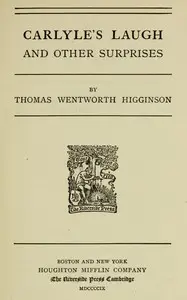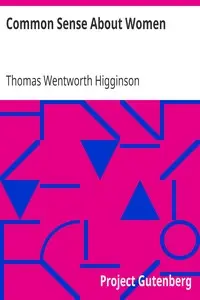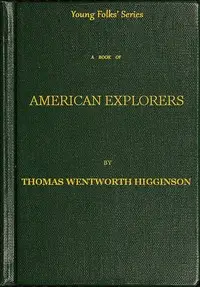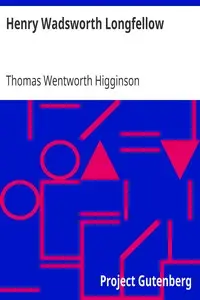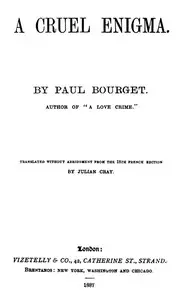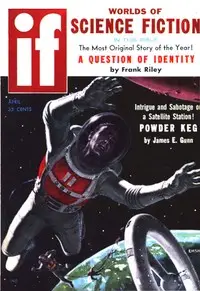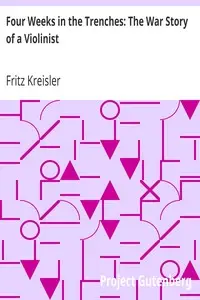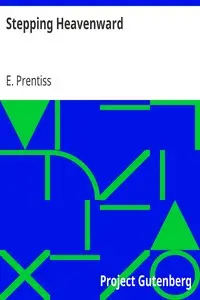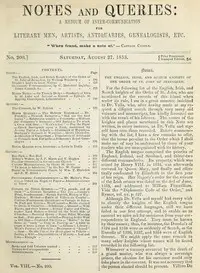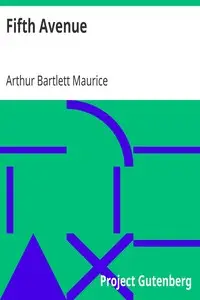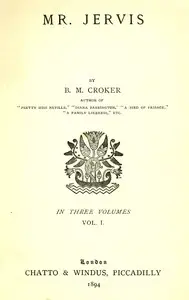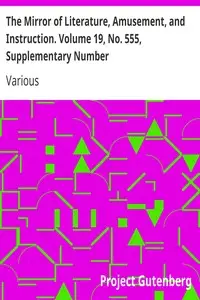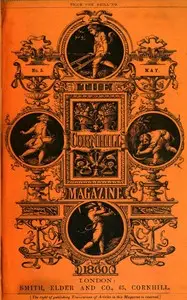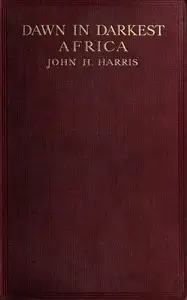"Woman and the Alphabet: A Series of Essays" by Thomas Wentworth Higginson is a collection of essays written in the late 19th century that engages with the educational and social status of women. The essays explore themes such as women's rights, education, and the societal expectations surrounding femininity. Higginson argues for women's access to education, using the metaphor of the "alphabet" to represent knowledge and power, thereby advocating for women's liberation and equality in a world that has traditionally relegated them to subordinate roles. At the start of this collection, Higginson introduces his first essay, "Ought Women to Learn the Alphabet?" by referencing a satirical proposal from Napoleon’s time, which humorously suggested that women should be prohibited from learning to read and write. He critiques the historical injustices women have faced due to societal perceptions of their inferiority and academia's neglect to recognize women as equals. Higginson discusses the pressures and prejudices that have historically kept women from accessing knowledge, emphasizing the need for change and encouraging women to aspire to and claim their rightful place in society. The beginning effectively sets the tone for a critical examination of gender roles and advocates for the intellectual advancement of women, establishing a foundation for the essays that follow. (This is an automatically generated summary.)
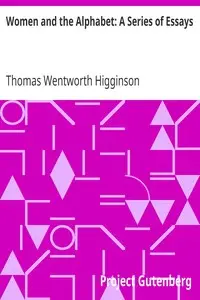
Women and the Alphabet: A Series of Essays
By Thomas Wentworth Higginson
"Woman and the Alphabet: A Series of Essays" by Thomas Wentworth Higginson is a collection of essays written in the late 19th century that engages wit...
Thomas Wentworth Higginson, who went by the name Wentworth, was an American Unitarian minister, author, abolitionist, politician, and soldier. He was active in abolitionism in the United States during the 1840s and 1850s, identifying himself with disunion and militant abolitionism. He was a member of the Secret Six who supported John Brown. During the Civil War, he served as colonel of the 1st South Carolina Volunteers, the first federally authorized black regiment, from 1862 to 1864. Following the war, he wrote about his experiences with African-American soldiers and devoted much of the rest of his life to fighting for the rights of freed people, women, and other disfranchised peoples. He is also remembered as a mentor to poet Emily Dickinson.

